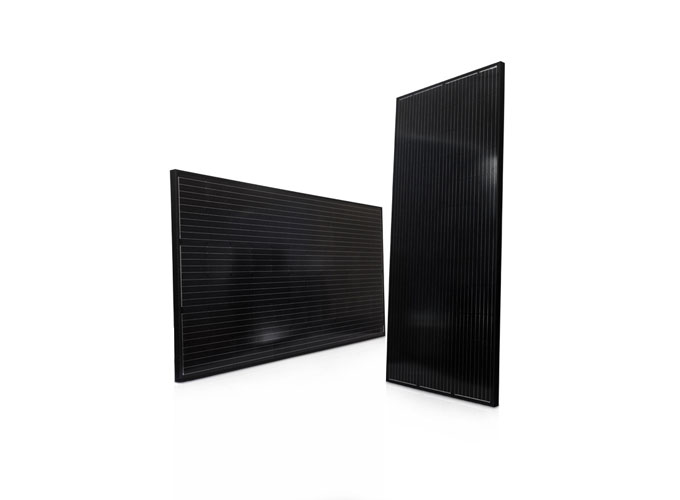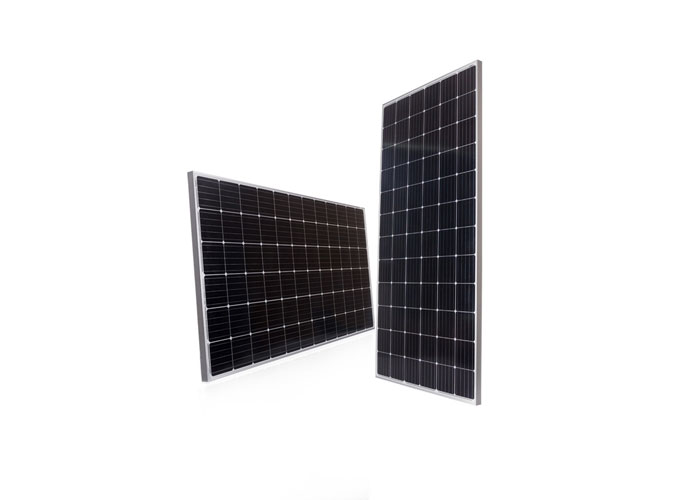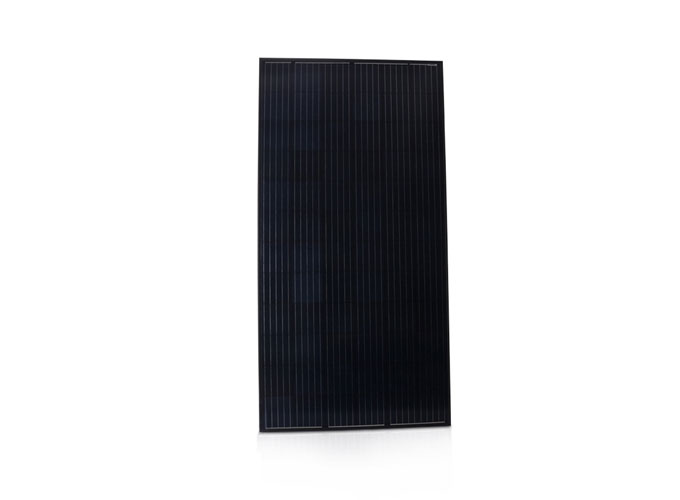As a carrier for electric vehicles to obtain external energy supply, the EV charging cable must have the function of transmitting electric energy. However, with the development of new energy vehicles, the charging cable which can only used for the transmission of electric energy has also been eliminated. At present, most of the charging stations in the market are equipped with charging cables that not only have the main function of transmitting electric energy itself, but also have the function of transmitting the corresponding battery quantity of the charging vehicle and the overall information state to the charging pile.
1. Intelligent requirements for EV box charging
The intelligent model is not only a requirement for new energy vehicles, but also a requirement for charging stations, charging piles and even charging cables. Of course, in order to ensure the charging safety of the car itself, when the car itself is fully charged, the charging cable must also perform real-time monitoring of the entire charging process to protect the interests and safety of consumers.
2. In terms of future development standard requirements for EV charging cables
Based on the safety of pure electric vehicles, the performance and safety of the EV charging cable itself should be based on the selection of materials, and its designers should also consider various aspects. The addition of relevant flame retardant materials is also to prevent the phenomenon of spontaneous ignition of new energy vehicles during charging.
3. What are the requirements for wires and cables for EV box charging?
On the whole, although EV charging cables are a supporting facility built on the development of new energy vehicles, the safe use of EV charging cables will also affect the property interests and life safety of consumers. Therefore, the production of charging cables should be in accordance with the correspondingly required standards and supporting production materials also need to meet the standards.
(1) Electric vehicles rely on electricity to drive cars, so after a period of use, the battery needs to be charged if there is no electricity. When it comes to charging electric vehicles, it is necessary to talk about the EV charging cable. The following is a brief introduction to requirements on the EV charging cable.
(2) Functional requirements. The EV charging cable is the carrier connecting the electric vehicle and the charging pile, and its basic function is to transmit electrical energy. However, with the development of charging technology, in order to complete the charging process, it is necessary to communicate between the electric vehicle and the charging pile and perform automatic control. Therefore, the charging process puts forward higher requirements on the charging cable. The charging cable not only needs to have the function of power transmission, but also needs to transmit the status and information of the vehicle and the power battery to the charging pile for real-time interaction, and control the charging action in order to complete the charging process.
(3) In the charging and discharging process of electric vehicles, due to the long time, high current intensity, and high frequency of cable use, its safety should be paid attention to. EV charging cables should have high heat resistance and aging resistance on the basis of maintaining good insulation properties. At the same time, they should have good low-smoke flame-retardant properties during combustion to ensure that losses and injuries are reduced.
(4) Comprehensive consideration of the mechanical performance requirements, electrical performance requirements, safety, environmental protection and service life of the charging cable, new low-smoke halogen-free flame-retardant materials, polyester elastomers, polyurethane materials, etc. are suitable insulating materials and sheathing materials for charging cables, which have become the development direction of charging cable products.




